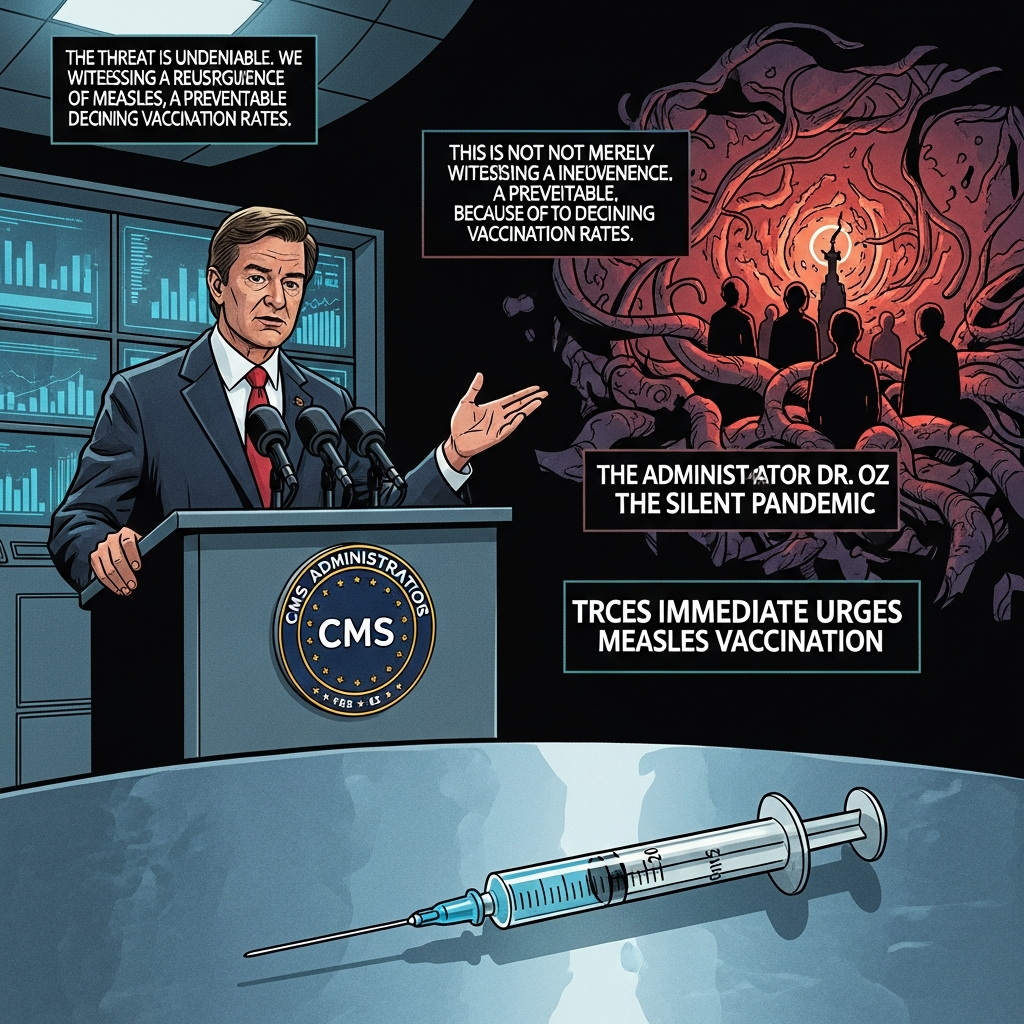Interactions with healthcare providers are fundamental to well-being. patients place immense trust in doctors, expecting not only medical expertise but also empathy, respect, and clear communication. Unfortunately, not all experiences meet this expectation. Instances of disrespectful, dismissive, or even cruel comments from medical professionals can deeply impact patients, eroding trust and causing lasting emotional distress.
Reports circulating online, including a viral discussion originating on TikTok, highlight just how common problematic exchanges between patients and doctors can be. Thousands of individuals have shared personal stories detailing startlingly inappropriate remarks made by healthcare providers during consultations, diagnoses, or procedures. These accounts reveal a concerning pattern of communication breakdowns that go far beyond simple misunderstandings.
The Unsettling Reality of Poor doctor Communication
The stories shared by patients cover a wide spectrum of concerning behavior. Some instances involve casual insensitivity, while others are overtly harmful or dismissive of serious medical issues. These experiences underscore the critical need for better communication training and a stronger focus on patient-centered care within the medical field. When a medical professional speaks to a patient without empathy or respect, it can make vulnerable individuals feel unheard, invalidated, or even unsafe.
Dismissing Symptoms and Patient Concerns
A particularly frustrating type of inappropriate comment involves doctors failing to believe or outright dismissing a patient’s symptoms. Imagine a 12-year-old girl struggling severely with Lupus affecting her brain, told by her doctor to simply “quit the act and start acting right.” This dismissiveness minimizes the patient’s suffering. Similarly, a neurologist telling a patient experiencing complete numbness from the waist down due to MS to “come back when you have a real problem” is not only inappropriate but potentially harmful, delaying necessary care and validation. Seizures experienced by a woman with no prior history were wrongly attributed to her being “overly anxious,” demonstrating a gender bias that can lead to misdiagnosis or delayed treatment. Another patient experiencing rapid weight loss and vomiting due to undiagnosed Crohn’s disease was initially questioned about bulimia, illustrating a failure to explore serious medical causes before jumping to judgmental conclusions.
Inappropriate Comments About Appearance and Personal Life
Patients seeking medical care are vulnerable, and comments unrelated to their health, especially those focusing on appearance or personal choices, are deeply inappropriate. One doctor suggested medication for a patient’s thyroid because “nobody wants a fat bride,” despite the patient being underweight, highlighting an unsolicited and harmful focus on appearance over health. Another attributed chronic ear infections to a patient’s weight gain, stating her ears were “deformed” due to being “so fat.” Such remarks are medically unfounded and incredibly damaging to a patient’s body image and self-esteem. A comment to a patient about a mole on their lip “taking away from your face” is purely cosmetic judgment, completely out of line for a medical consultation. Even comments disguised as compliments can be inappropriate, such as a gynecologist telling a patient during an exam how much she looks like her mother.
Sexist, Judgmental, and Objectifying Remarks
Disturbingly, many shared stories involve comments that are overtly sexist, judgmental, or objectifying. During a sensitive post-birth moment, an OBGYN reportedly told the patient’s husband, “I put an extra stitch in there for ya,” referring to the harmful and non-consensual practice known as a “husband stitch.” This comment reduces a woman’s body to something for her husband’s pleasure immediately after a medical event. A doctor dismissing a woman’s request for a tubal ligation during a C-section by questioning her desire for a “replacement baby” if her current child died demonstrates paternalistic and controlling behavior. Another account details a male doctor rubbing a patient’s shoulders and suggesting she “just need[s] a real man,” entirely inappropriate and unprofessional physical contact combined with a dismissive comment. A dentist made crude, objectifying remarks comparing a patient and her husband to a ranch hand and a cow, revealing a stunning lack of respect and professionalism. Perhaps one of the most chillingly judgmental comments came from a doctor discussing a hereditary blood disorder, stating it “would die out if the people who had them stopped breeding,” echoing eugenics-like sentiments that are abhorrent in healthcare.
Callous Handling of Serious Health Information
Some of the most shocking accounts involve doctors mishandling severe diagnoses or delivering difficult news without empathy. A patient only learned their appendix was cancerous from a different doctor after surgery; when confronting the surgeon, the surgeon’s response, “Who told you?”, revealed an intent to withhold critical information. Another heart patient with a history of heart attacks was brutally informed by a cardiologist, without even looking up, that the “next one would be [their] last,” followed by the doctor simply walking away. Delivering such a serious prognosis requires immense sensitivity, not callous detachment. One particularly cruel incident involved a doctor telling a seven-year-old child that their mother was likely to be “dead in a few years or a vegetable,” despite the mother having a treatable B12 deficiency – a horrifying and baseless statement to make to a child.
Why Does Poor Communication Occur in Healthcare?
Several factors can contribute to poor communication in the medical field. High patient volumes and time constraints can pressure doctors, leading to rushed interactions where empathy is overlooked. Stress and burnout among healthcare professionals are also significant issues that can impact their demeanor and communication skills. While not excusing inappropriate behavior, these systemic pressures can contribute to a less-than-ideal environment. Furthermore, medical training has historically focused heavily on clinical knowledge and technical skills, sometimes dedicating insufficient attention to communication, empathy, and cultural sensitivity. Personal biases, conscious or unconscious, related to a patient’s gender, weight, appearance, socioeconomic status, or other factors, can also unfortunately influence how a doctor interacts with them.
The Profound Impact on Patients
The consequences of inappropriate doctor comments extend far beyond temporary offense. Patients may feel humiliated, ashamed, or deeply hurt. Such experiences can erode trust in the medical profession as a whole, making patients hesitant to seek necessary care in the future or to be fully open with subsequent doctors. For individuals already dealing with chronic illness or serious diagnoses, dismissive or cruel comments can exacerbate anxiety, depression, and feelings of isolation. Being told symptoms aren’t real, or that a serious condition is a figment of imagination, can lead patients to doubt their own experiences and delay seeking further help. In the most severe cases, poor communication or the withholding of information can directly impact health outcomes.
Advocating for Yourself in Healthcare
Experiencing inappropriate communication from a doctor can be disempowering, but patients have rights and options. It is important to remember that you are a partner in your healthcare. If a comment feels wrong, you are generally within your rights to express that discomfort calmly or to ask for clarification. Bringing a trusted friend or family member to appointments can provide support and a second set of ears. If you feel your concerns were dismissed, seeking a second opinion from another healthcare provider is a valid and often necessary step. For serious breaches of professionalism or ethics, patients can consider filing a complaint with the hospital administration, the state medical board, or relevant professional organizations. Documenting the date, time, exact comments made, and any witnesses can be helpful if you choose to pursue a formal complaint.
Frequently Asked Questions
What constitutes inappropriate behavior from a doctor?
Inappropriate doctor behavior goes beyond simple bedside manner issues. It includes dismissing patient-reported symptoms, making judgmental comments about appearance, weight, or lifestyle, making sexist or objectifying remarks, sharing personal biases, failing to provide crucial health information clearly, or using cruel, demeaning, or unprofessional language that harms the patient-doctor relationship and trust.
How can poor doctor communication affect patients long-term?
Poor communication can have significant lasting effects on patients. It can lead to delayed or missed diagnoses if symptoms are dismissed. It can erode trust in healthcare providers, causing patients to avoid future medical appointments. Emotionally, inappropriate comments can cause distress, anxiety, self-doubt, and negatively impact a patient’s mental health and self-esteem, particularly if the comments are related to sensitive issues like weight, chronic illness, or personal choices.
What steps should a patient take after experiencing inappropriate comments?
If a patient experiences inappropriate comments, they have several options. They can calmly address the comment with the doctor directly, expressing their discomfort. Bringing a companion to appointments can offer support. Seeking a second opinion from a different provider is recommended if concerns are dismissed. For significant issues, documenting the incident (date, time, comments) and filing a formal complaint with the doctor’s office, the hospital, or the state medical board are potential next steps.
The stories shared highlight the critical importance of compassionate, respectful, and professional communication in healthcare. While these examples represent negative experiences, they serve as a stark reminder of the power dynamics in the patient-doctor relationship and the necessity for healthcare providers to prioritize empathy and clear, non-judgmental dialogue. Patients deserve to feel heard, respected, and safe when seeking care.




